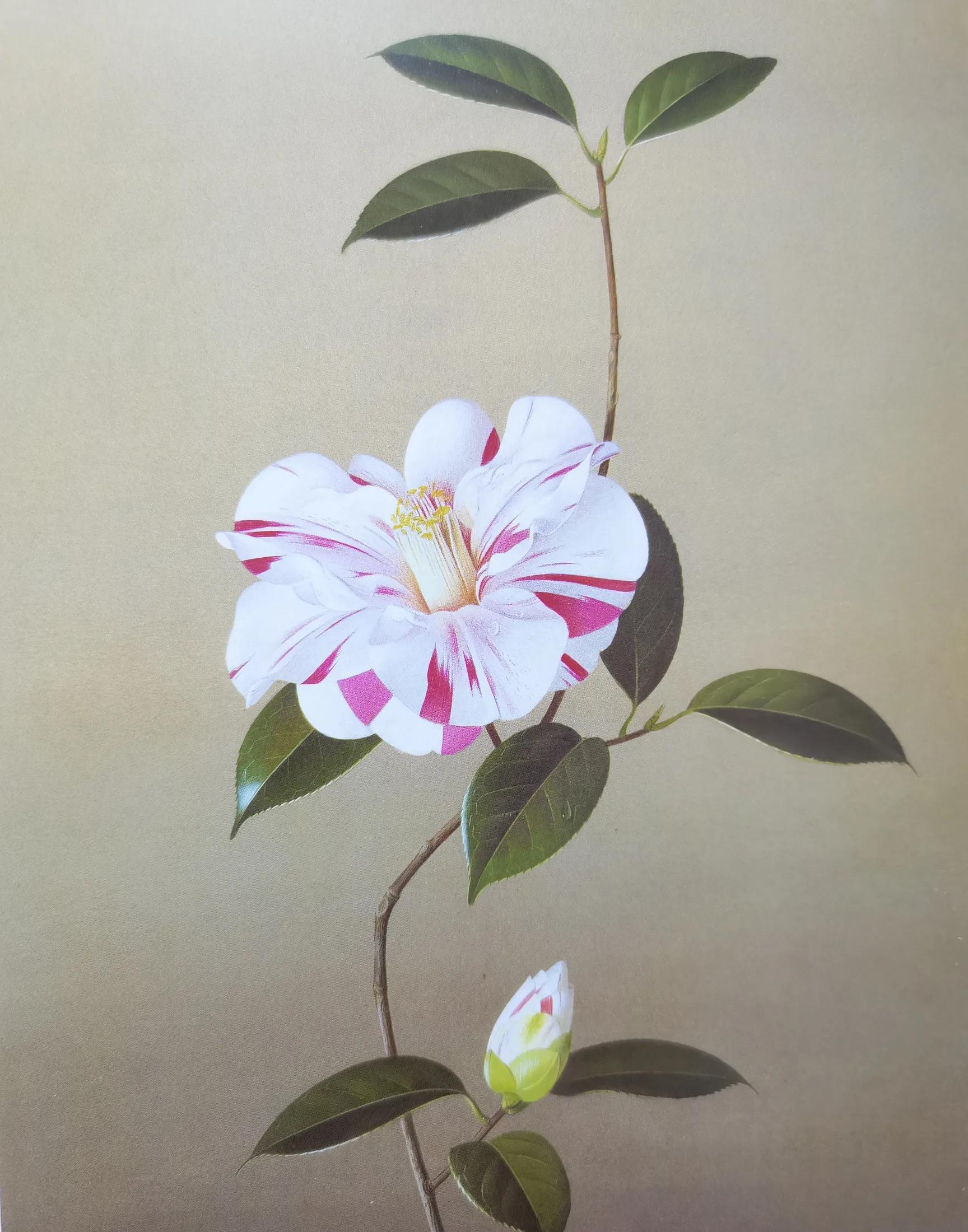Mankind has science for the sake of truth, and art for the sake of beauty. Science and art are two completely different categories, so the vision of scientists and artists is also completely different.

Plant painting
When botanists first encounter a certain plant, their first question is often "What is the name of this plant?" Then the second question is often "What kind of plant is it related to?" ”
The father of modern botany: Carl Linnaeus
Karl Linnaeus, the father of modern 18th-century Swedish botany, was a man who liked to get to the bottom of his mind. It was only in Linnaeus that humans created a system of plant nomenclatures and taxonomies based on scientific methodologies.
Founder of the theory of biological evolution: Charles Darwin
In the 1850s, the British naturalist Darwin discovered the mystery of the origin of species in a long-term study of species observation, and first proposed an epoch-making theory of natural selection and biological evolution, which provided a scientific basis for plant taxonomic research.
Plant evolution tree mapping
With the deepening of genetics, biodiversity and the origin of species, people's understanding of the natural classification of plants has continued to develop, and a "evolutionary tree" has been constructed from simple to complex, from ancient to modern, indicating the mutual kinship of plants.
Botanical painting: large fungi
However, when artists first encounter a plant, their reactions may be very different from those of botanists. The artist may not ask questions about names at all, but gaze at each flower as if it were an individual with a unique form in nature, its color, texture, form, size, and proportions. The painter's first question might be "How do I capture the essence of this flower on my canvas?" Or "How do you create a work that rivals or even transcends nature itself and has a true beauty?" ”
Botanical painting: Iron Tree Flower
Although the invention of photography and the recent development of digital image technology have brought a huge impact on the artist's depiction of nature, the artist still unremittingly insists on using the brush in his hand to depict nature, present nature, and bring people the enjoyment of beauty.
It can be seen that the artist and the scientist are two very different ways of thinking: when studying a flower, the artist pays attention to the form, and the botanist pays attention to the function; the artist pays attention to color, and the botanist pays attention to the pollinator; the artist observes the structural relationship of the various parts, and the botanist observes the characteristics that determine the evolutionary relationship.
If art meets science, what miracles will happen? The answer is that art will make science grow "wings" and accelerate the spread of science; and science will further expand the space of art.
People who work in plant science painting are people who combine these two fields, artists on one side and scientists on the other. They use artist passion to capture the essence of nature through color and composition, while naming and classifying plants with the focus of botanists. So that the esoteric science is understood by more people.
The Art of Plant Evolution
Recently, I read a book "The Art of Plant Evolution", which perfectly combines science and art through plant science painting and presents the beauty of plant evolution. The whole book arranges chapters in the order of plant evolution, and uses the artist's keen observation to carefully depict many morphological characteristics and details of plants, so that readers can learn the knowledge of plant evolution while enjoying beauty. This is a classic masterpiece of popular science.